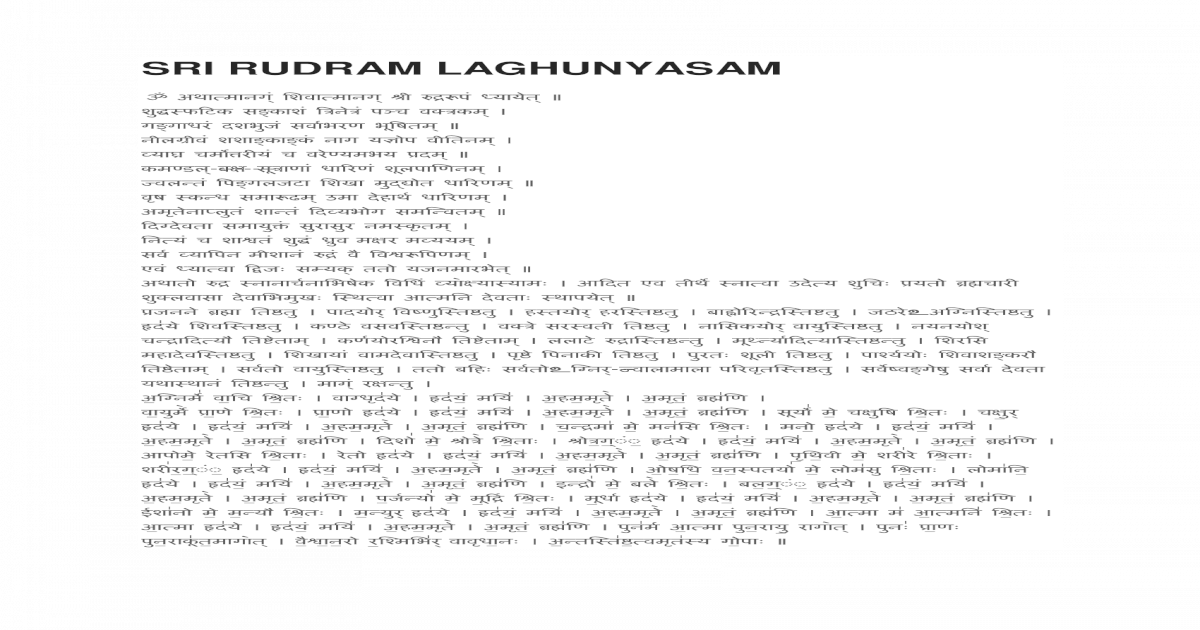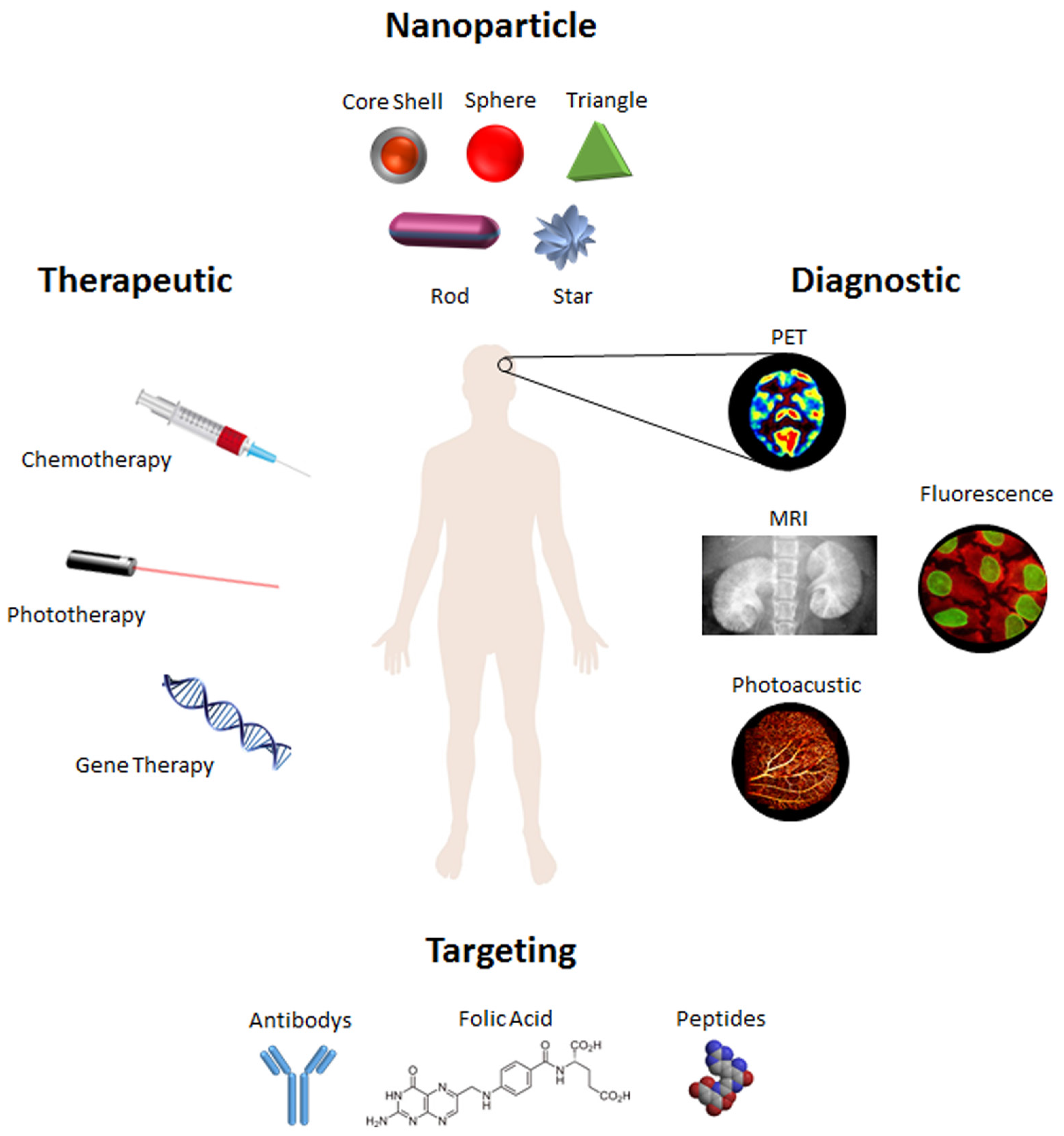

What do they desire? Oh God, grant us pure air grant us good drinking water bless us with good food.

While the second half, chamakam means I want. I don’t want anything, I don’t want anything is the first half. ”Įxtracts from Bhagavān Sri Sathya Sai Baba’s discourse Understanding of both these aspects is essential for man. What is to be discarded and what is to be desired? That which is evil is to be discarded and all that is good is to be desired. Namaka lays stress on virakti (detachment) whereas Chamaka dwells on desires for this and that. Another important feature of Rudram is the ēkatva (unity) between its two parts, Namaka and Chamaka. Ṛg Vēda, Yajur Vēda, Sāma Vēda and Atharva ṇ a Vēda. In fact, it is the essence of all the Vedas, viz. Rudram is generally understood to be a prayer to Lord Rudra. We all know that Lord Siva is supposed to have three eyes.“ Rudram forms a very important section of Kṛṣhṇa Yajur Vēda. Thryambaka: Thryambaka means one who has three eyes. While the fragrance of perfume spreads a few feet, fragrance in the form of noble character spreads all around. The real fragrance of a person is his character. Here fragrance does not mean physical fragrance like that of perfume. Sugandhi: After artha and kama comes dharma. So Rudram says if you are interested in basic needs and material benefits, come to me. Artha and kama together is called pushti. Once these basic needs are taken care of, we want some comforts.Īfter artha we look forward to kama. In the beginning stages of life, we all seek material benefits – artha and kama.įirst and foremost we want security in terms of food, clothing and shelter. Pushtivardhanam: Pushti means material benefits. Three beautiful descriptions of Lord Siva are given in this mantra: Pushtivardhanam, Sugandhi and Thryambaka. (The four purushaartas or objectives of life are dharma, artha, kama and moksha meaning righteousness, wealth, desire and liberation). It is like obtaining four mangoes with one stone. Mrithunjaya Mantra: The Mrithunjaya mantra is a beautiful, ‘all-comprehensive’ mantra chanting which we get all the four purushaartas. This means we surrender to the order of the law of the Lord – the universal law of dharma and the universal law of karma. The Panchakshari mantra is also known as saranagati mantra. The meaning of the mantra is – ‘The one who eliminates all inauspiciousness, to that auspicious one, I offer my prostrations’. Siva, the name is considered to be the most auspicious. (In fact, Siva occurs not only in the middle of Panchakshari mantra but also in the middle of Sri Rudram itself). Panchakshari Mantra: The essence of this mantra can be found in the middle portion – namasivaya, i.e., Siva. Panchakshari Mantra and Mrithunjaya Mantra. There are two important and well known Mantras in Sri Rudram.

Most of the chapters in the first portion end with the letter namaha or namo namaha while the ending letter of the second portion is “cha me”. Slokas and Meanings of Mantras and Stotrams Rudram in Tamil script. Rudram has got two portions called Namakkam and Chamakkam each containing eleven chapters or Anuvakams. The Anusasanika Parva of Mahabharata mentions that Lord Krishna recited it several times and explained its great power and efficacy. The Kaivalyopanishad also echoes this fact. It is said that regular chanting of it leads to Jnana. Their recital for a stipulated time yields good results and wards off all bad happenings. Sri Rudram finds a place as the 4th Prashna in the 4th Khanda of Krishna Yajur Samhita. His omniscience, omnipresence, omnipotence etc. Sri Rudram talks about the glory of Siva.“ Sri Rudram is a vedic hymn describing Lord Siva’s several aspects, viz. Lord Siva get the name Rudra because he removes sorrows and sins and also the cause of those which is ignorance. So Rudram means eliminator of sorrows and sins. What is the cause of sorrow or sin? It is agnyanam (ignorance). ‘Rud’ also means the cause of sorrows or sins. ‘Rud’ means dukham (sorrow) or paapam (sin, demerit). Rudram is derived from two words – ‘Rud’ and ‘Ra’. However One can understand the subtle meaning of this word ‘Rudram’ by looking at its etymology. “RUDRA” is one of the names of Lord Siva, the word overtly means anger or fury.


 0 kommentar(er)
0 kommentar(er)
